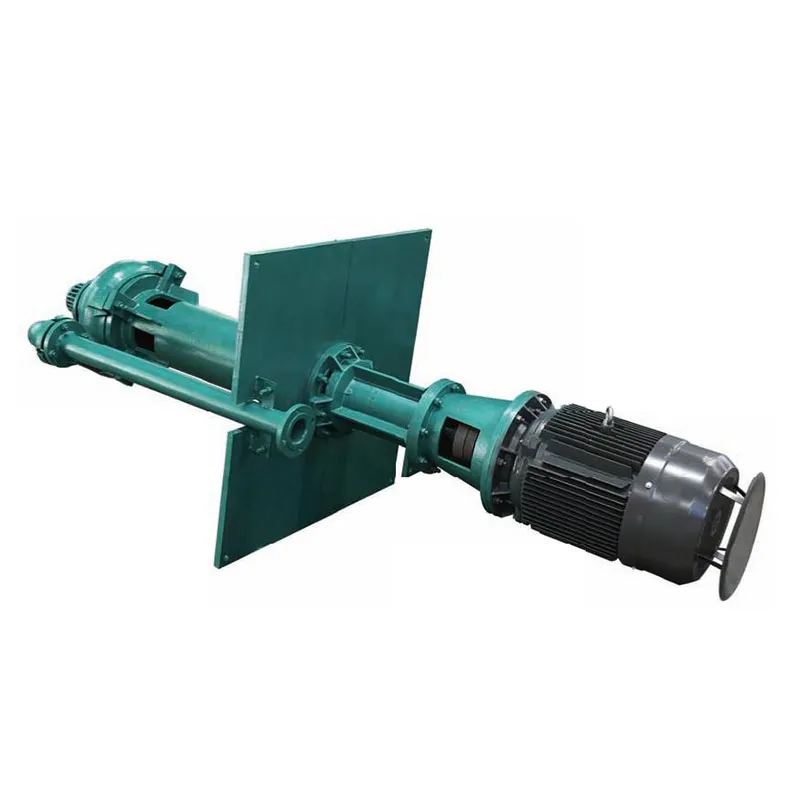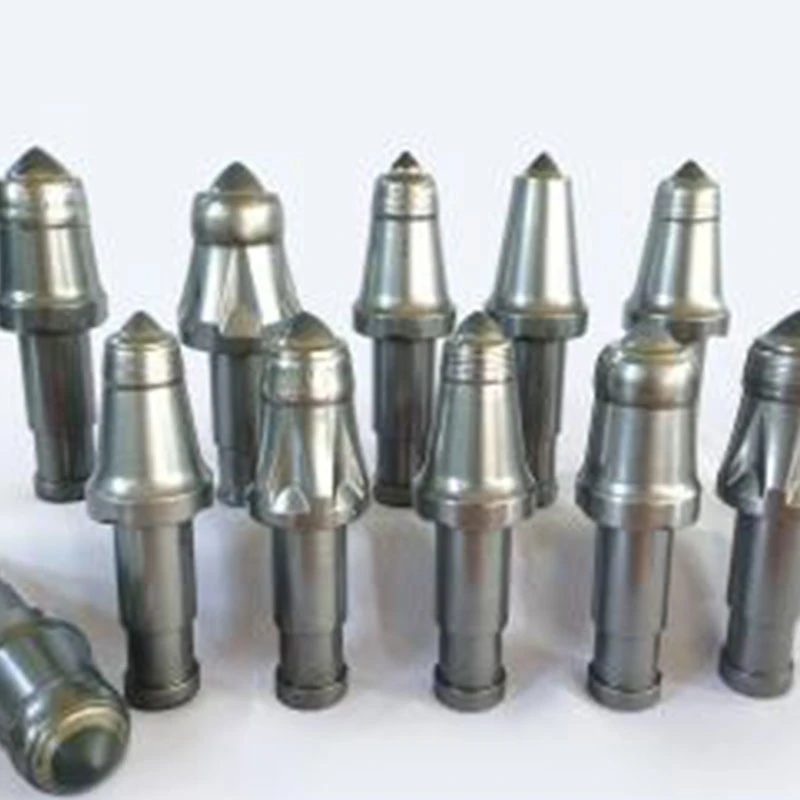- Afrikaans
- Albanian
- Amharic
- Arabic
- Armenian
- Azerbaijani
- Basque
- Bengali
- China
- China (Taiwan)
- Czech
- Danish
- Dutch
- English
- French
- German
- Greek
- Gujarati
- Haitian Creole
- hausa
- Miao
- Hungarian
- igbo
- Indonesian
- Italian
- Japanese
- Javanese
- Rwandese
- Korean
- Kyrgyz
- Lao
- Lithuanian
- Luxembourgish
- Macedonian
- Malgashi
- Malay
- Mongolian
- Myanmar
- Nepali
- Norwegian
- Persian
- Polish
- Portuguese
- Punjabi
- Russian
- Spanish
- Swahili
- Swedish
- Telugu
- Vietnamese
Jan . 13, 2025 14:06 Back to list
sludge pump types


Rotary Lobe Pumps are another excellent option, especially for applications requiring gentle handling to prevent damage to delicate particles in the sludge. These pumps work by trapping the fluid between rotating lobes and the pump casing, providing precise flow handling. Known for their easy maintenance and ability to handle a wide range of sludge types, rotary lobe pumps are often found in food processing and chemical industries. Air-Operated Diaphragm Pumps offer versatility and portability. They are particularly favored in scenarios where electrical power isn’t accessible or where the flexibility of setup and operation is crucial. These pumps can handle a range of viscosities and consistencies, making them invaluable for on-site processes and emergency applications. Their simple design and the ability to run dry without damage add to their reliability. In selecting the appropriate sludge pump type, understanding the specific needs of your application is crucial. Factors such as sludge consistency, required flow rate, and environmental conditions should guide your choice. Additionally, considering the pump’s long-term operational efficiency will ensure that the investment pays off over time. Consulting with experts and manufacturers can provide further insights, ensuring that the pump selected not only meets but exceeds operational expectations. Trust in brands known for their innovation and expertise in sludge handling can also ensure high performance and cost savings.
-
Low-Cost Borehole Drilling Machine for Small-Scale Projects
NewsJul.11,2025
-
Carbide Bullet Teeth for Abrasive Formations: Powering Industrial Drilling Efficiency
NewsJul.11,2025
-
Advantages of Down-the-Hole Drill Bits in Geothermal Projects
NewsJul.11,2025
-
Hole Hammer Use in Water Well Drilling
NewsJul.11,2025
-
Benefits of a Mobile Diesel Compressor in Construction
NewsJul.11,2025
-
Benefits of Diesel Portable Screw Air Compressors
NewsJul.11,2025

















